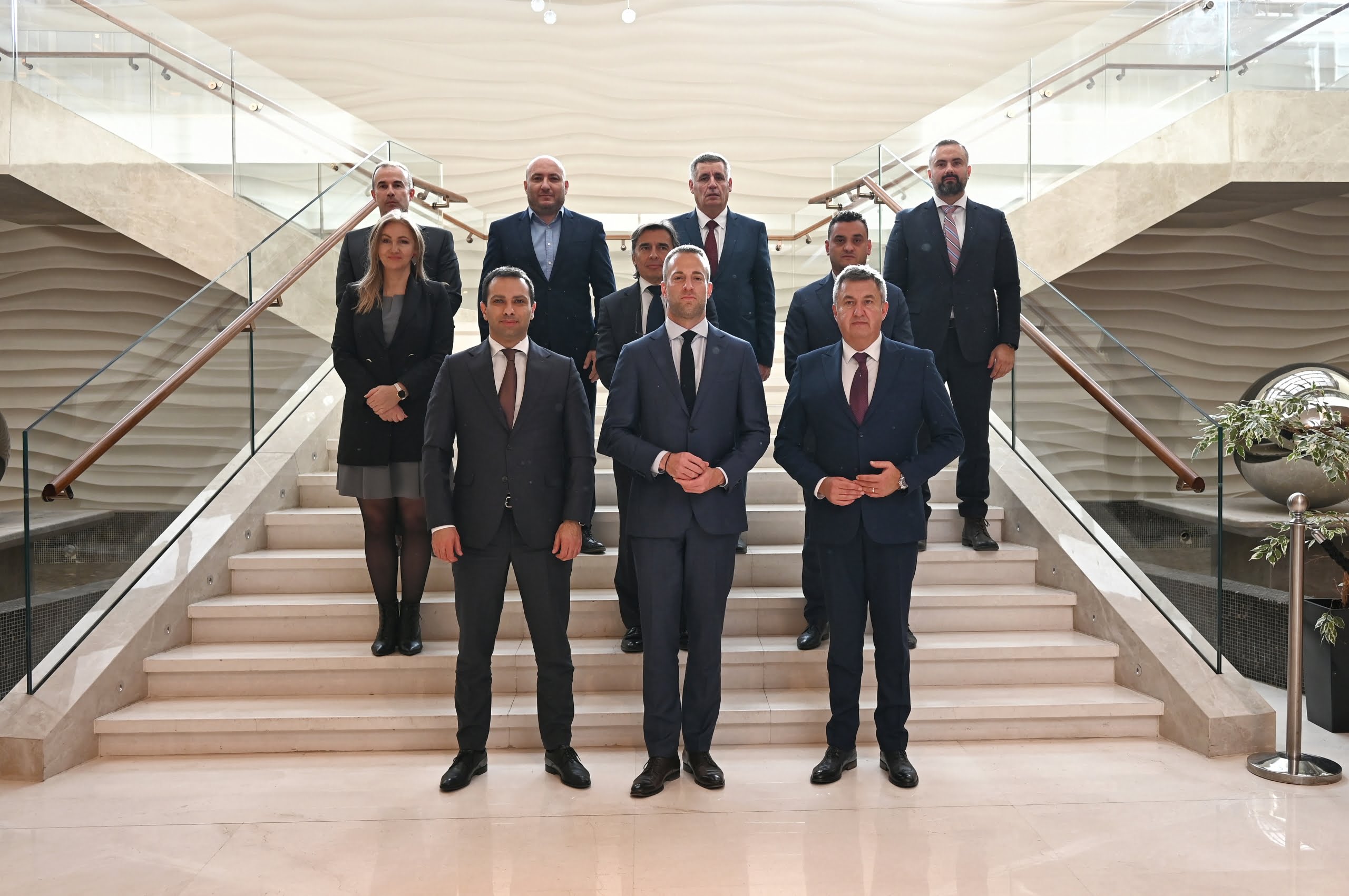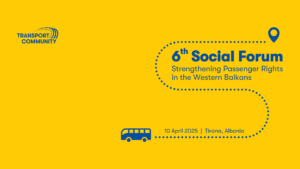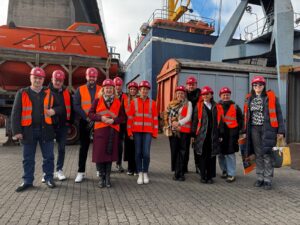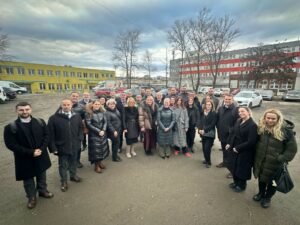Few months ago, during the Western Balkans Rail Summit held in Belgrade in September 2021, a Memorandum of Understanding was signed to establish a Network of railway infrastructure managers for regular consultation, coordination and experience sharing of all railways related activities at the regional level.

Western Balkans’ rail network of approximately 7,700 km can be economically sustainable only if it is connected into one modern and efficient regional network. Today’s 1st meeting of all infrastructure managers of Western Balkans in Skopje was a step towards realisation of this goal.
The transportation sector is currently responsible for 25% of greenhouse gas emissions and the EU aims to cut them by 90% by 2050 in the sector. Rail is the most climate-friendly mean of transportation, and it contributes only 0.4% of the sector’s emissions.









